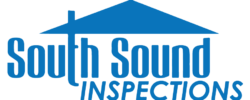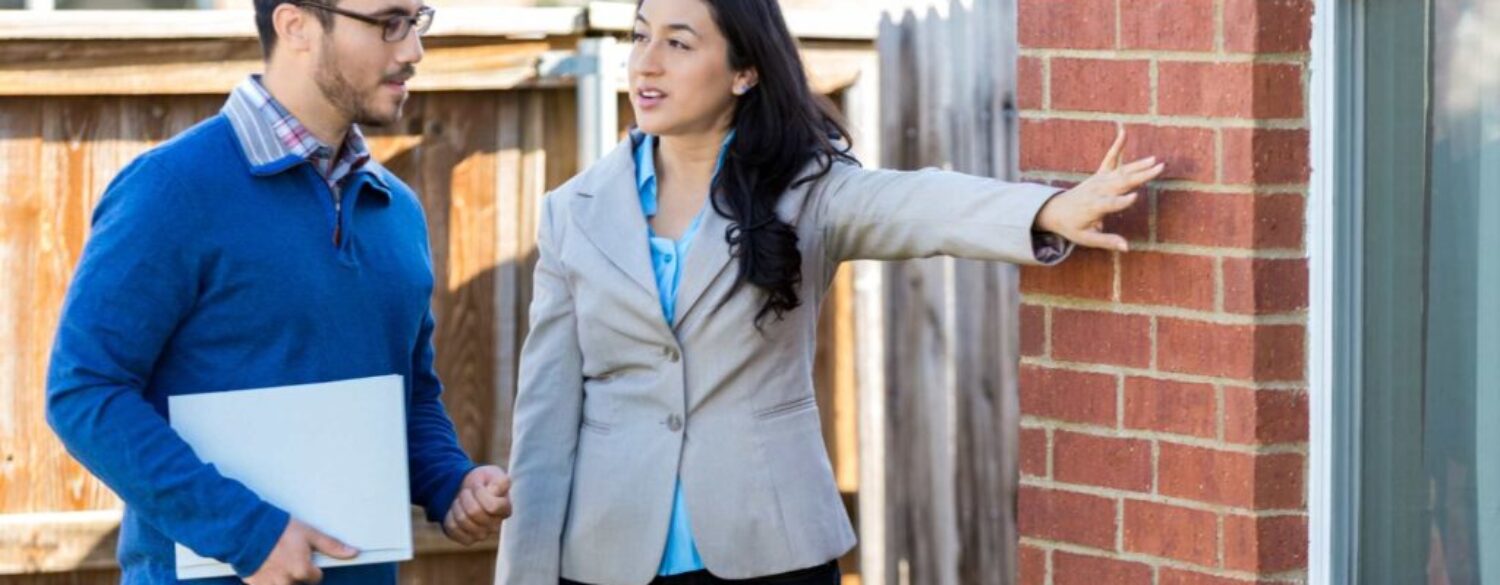What Buyers Should Know Before Waiving a Home Inspection
You know the saying “Don’t judge a book by its cover?” Well, when you skip a home inspection, a bad judgement call can end up costing you big money. In this hot real estate market, some buyers are skipping home inspections in an effort to compete with multiple-bid offers. While skipping, or waiving, the home inspection can make your offer more attractive to a seller, there are risks involved that you need to consider before choosing this option. After all, a home is a huge investment, and ensuring that your home is in good shape is a critical first step in the home buying process.
The Purpose of a Home Inspection
Home inspections minimize risk for homebuyers and happen after a seller has accepted an offer from a buyer. The purpose of a home inspection is to inform the buyer of the home’s condition from every angle: electrical, structure, air conditioning, heating, plumbing, bathroom, kitchen, bedroom, living space, and laundry. The home inspection can take up to three hours, depending on the size of the home. Inspectors use a wide range of technology to observe every nook and cranny of the property, from drones that observe the rook, to thermal imaging cameras that detect moisture in walls and ceilings, plumbing system leaks, and hot spots related to defects in electrical components.
As a neutral third party, home inspectors have no horse in the home buying race, so they provide a transparent, objective assessment that gives the buyer full knowledge— good and bad—about the property.
If the inspection reveals issues, the buyer can use that information to negotiate the home’s final cost with the seller, especially if there are safety issues, like faulty electrical wiring, cracks in a foundation, mold, or even asbestos. Sellers are then responsible for covering major repairs found during an inspection. After all, you don’t want to live in a place that falls apart when you start unpacking those moving boxes!
What You Risk When Waiving an Inspection
There are definitely short-term gains to waiving an inspection: you get to the front of the bid line and beat out dozens of other offers so that you can finally get your dream home.
But, when you skip an inspection, you risk a lot, too. Some of these risks can be minor—maybe the dishwasher leaks, or the gutters need to be cleaned out. However, some can be incredibly costly and can impact your safety, like exposed wiring, sewer line problems, or structural failures.
Rather than the seller paying to repair these huge issues, the burden falls on you (and your wallet) to address major electrical, foundation, or plumbing problems in your newly purchased property. When you decide to skip an inspection, be sure that you have the finances to deal with any surprises, and be careful when you make this gamble.
How You Can Protect Yourself (and Your Money!)
Even if you skip an initial home inspection as part of the home buying process, you can and should have the home inspected after completing the purchase. A home inspection after you move in can still yield important information about repairs that need to be addressed to ensure the safety and livability of your new home.
You can also opt for a quick walk-through inspection, or what’s sometimes called a “walk and talk” when you first visit a property and before you even make an offer. This less intensive option is not as in-depth as a traditional hours-long inspection because it takes place during a showing, but it’s better to have an expert set of eyes, even for a short time, on the property before purchase. These shorter inspections are done with less equipment and don’t go into as much detail, but can still reveal issues readily noticeable to a home inspector’s well-trained eyes.
Whether or not you waive an inspection is entirely up to you, but you can be sure that South Sound Inspections is here to support you on your home buying journey!



